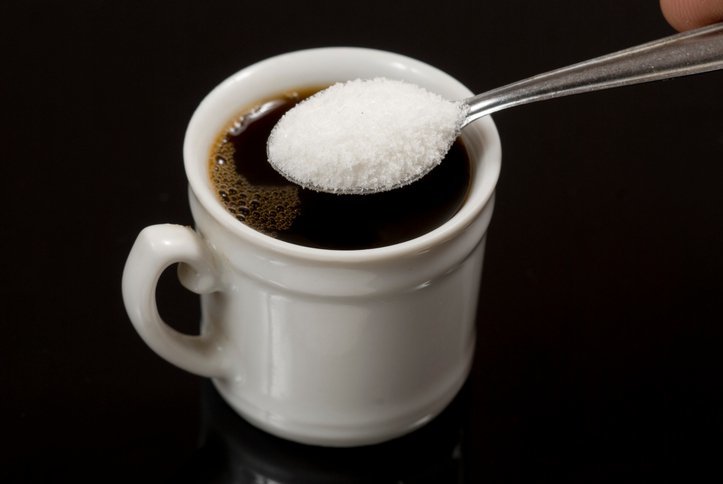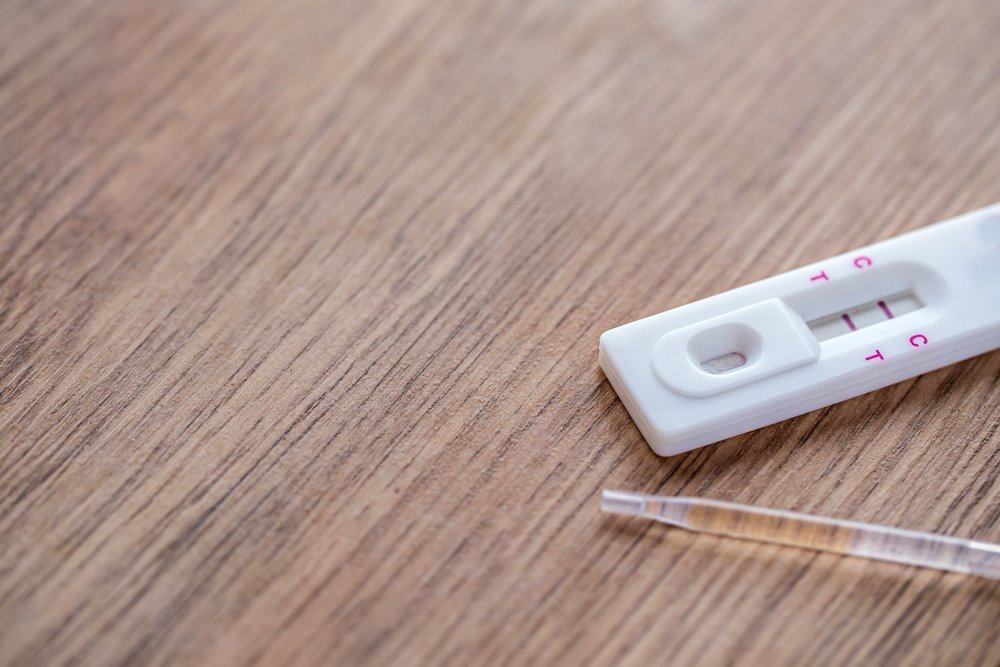Contents:
- Medical Video: Diabetes Tips : How to Reduce High Blood Sugar
- What are artificial sweeteners?
- Artificial sweeteners for diabetics
- Can the use of artificial sweeteners cause health risks?
Medical Video: Diabetes Tips : How to Reduce High Blood Sugar
Already many sugar products specifically for people with diabetes are marketed with the aim that diabetics can continue to enjoy sweet foods without worrying that their blood sugar will rise. This diabetes-specific sugar product contains artificial sweeteners or also commonly called low-calorie sweeteners, sugar substitutes, or non-nutritious sweeteners. This artificial sweetener contains no calories, but contains sweetness hundreds of times more than normal sugar.
However, is it true that this particular sugar can reduce blood sugar in diabetics?
What are artificial sweeteners?
Artificial sweeteners are sugar substitutes that have zero calories and cannot increase blood sugar levels with adequate use. Artificial sweeteners have a sweetness level hundreds of times than ordinary sugar, so using only a small amount can make your food or drink sweet. Because of this, artificial sweeteners are a choice as a substitute for sugar for diabetics or for those of you who want to lose weight.
Some artificial sweeteners specifically for people with diabetes usually contain aspartame artificial sweeteners. Aspartame is an artificial sweetener that is better used for cold food. Foods with high temperatures or heat can reduce the sweetening effect.
The use of aspartame is said to be safe for everyone, including pregnant women and children. However, its use is prohibited for people suffering from phenylketonuria. Phenylketonuria is a condition in which a person cannot digest phenylalanine (one of the ingredients in aspartame). Although aspartame use has been said to be safe by the drug and food regulatory agency in several countries, this is still a matter of controversy.
Artificial sweeteners for diabetics
Sugar consumption for diabetics must be controlled so that the blood sugar of diabetics remains within normal limits. High blood sugar levels in diabetics can cause the disease to get worse and can cause various complications.
One way to still be able to enjoy sweetness without reducing sugar intake is to replace ordinary sugar with artificial sweeteners or low-calorie sweeteners. In addition to diabetics, this artificial sweetener can also be used for those of you who want to reduce weight or want to reduce calorie intake.
Artificial sweeteners can be included as part of a diabetes diet, with a note that you still have to control the intake of foods that contain high fat and calories. If you continue to eat foods with high calories and fat, then you will still have difficulty controlling your blood sugar.
What you should pay attention to is food or drinks that accompany the use of these artificial sweeteners, whether or not the food affects your blood sugar levels. Keep in mind that artificial sweeteners are just a substitute for sugar so you can still enjoy sweet foods, without being able to help lower your blood sugar levels.
Research conducted by the American Diabetes Association and the American Heart Association in 2013 showed that there was no difference between the use of standard-size, low-calorie sweeteners and other sweeteners against the body's glycemic response. Another study published by the Journal of the Academy of Nutrition and Dietetics also concluded that consumption of low-calorie sweeteners did not affect blood sugar levels in people with diabetes.
So, the conclusion is that you still have to control your intake, especially foods that contain carbohydrates, to keep your blood sugar levels up, even if you have consumed artificial sweeteners. The balance of the food you eat is the key.
Can the use of artificial sweeteners cause health risks?
Although artificial sweeteners are useful and declared safe. However, still the use of artificial sweeteners is still a matter of controversy. Artificial sweeteners cannot increase your blood sugar levels in the short term, but long-term health risks are still unknown.
Research published in the journal Nature in 2014 shows that there is a connection between artificial sweeteners and changes in bacteria in the intestine. This study was carried out in mice given drinking sweetener for 11 weeks. The result was that mice fed drinking artificial sweeteners had higher blood sugar levels compared to mice given only sugar or water. In addition, there were also negative changes in the function of bacteria in the intestines of mice given drinking artificial sweeteners.
However, the results of this study have not been tested on humans. After all, there is only one study that states that there is a relationship between aspartame and changes in bacteria in the intestine. So, the results of this study cannot be proven strongly. The point is artificial sweeteners, especially aspartame, are still safe to use and will not increase blood sugar levels in the short term, but the long-term impact is not known with certainty.
So, you can still consume artificial sweeteners safely, especially for those of you who have diabetes. But, remember artificial sweeteners are just a substitute for your sugar. You still have to pay attention to the intake you eat in an effort to maintain your blood sugar levels.
READ ALSO
- Sugar vs. Artificial Sweeteners, Which Is Better?
- Prevent and Overcome Sweet Food Addiction
- 8 Symptoms That Show You Too Much Sugar Consumption












